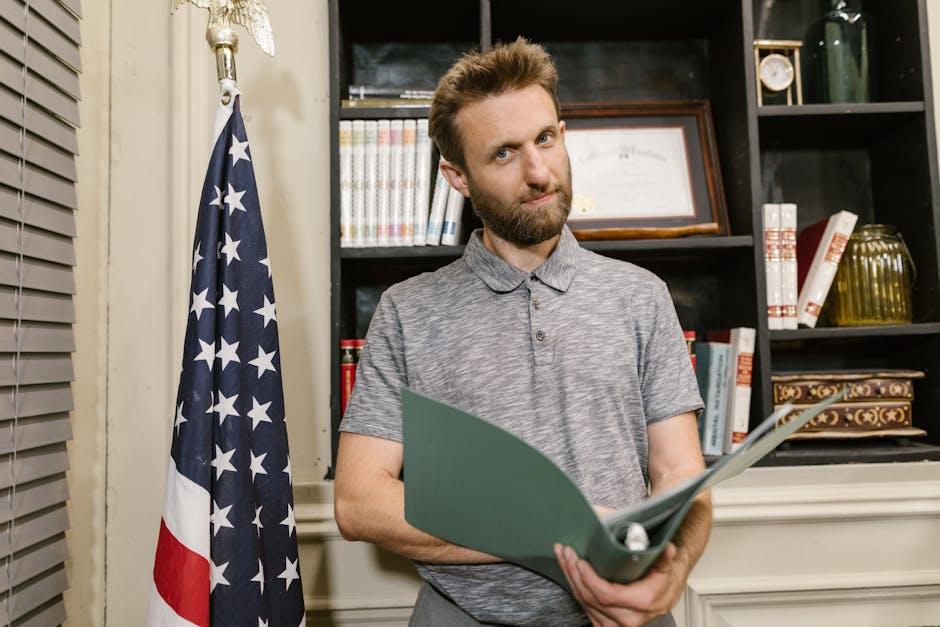A fundamental constraint on executive power emanates from the constitution itself. Constitutional frameworks, by their very nature, establish a system of divided powers, often separating legislative, executive, and judicial functions. The executive branch, therefore, operates within a pre-defined sphere of authority, limited by the express powers granted to it in the constitution. Any action exceeding this delegated authority is, arguably, ultra vires, meaning beyond the legal power of the executive. This principle is particularly significant in systems featuring a codified constitution, such as the United States or India, where judicial review empowers courts to strike down executive actions deemed unconstitutional. Conversely, systems with unwritten constitutions, like the United Kingdom, rely heavily on conventions and parliamentary sovereignty to constrain executive reach.
Legislative checks and balances constitute another significant limitation. Legislatures, representing the will of the people, possess considerable power to control the executive. They authorize government spending through the budget process, a powerful tool to influence executive priorities. Legislative oversight, achieved through committees and hearings, scrutinizes executive actions and holds officials accountable. Furthermore, legislative approval is frequently required for the enactment of executive orders, treaties, and appointments to key positions. The power of impeachment, a process designed to remove executives for misconduct, provides a stark reminder of the legislature’s ability to rein in executive overreach. The effectiveness of these legislative checks, however, often depends on factors such as party politics, legislative efficiency, and the executive’s own political capital.
Judicial review serves as a vital counterbalance to executive authority. Independent judiciaries interpret the law and determine the constitutionality of executive actions. They can invalidate executive orders, regulations, and even legislative acts if deemed inconsistent with the constitution or existing statutes. This power of judicial review protects fundamental rights and liberties from encroachment by the executive, preserving the rule of law and upholding principles of fairness and due process. The judiciary’s role, however, is not without its limitations. Judicial decisions are subject to interpretation, and the influence of political ideology on judicial appointments can impact the balance of power.
Beyond formal institutional constraints, informal limitations on executive power exist. These include public opinion, media scrutiny, and the influence of civil society organizations. A strong and engaged citizenry can act as a powerful check on executive actions, holding the executive accountable for its decisions through protests, petitions, and elections. The media plays a critical role in exposing governmental misconduct and fostering public debate on important issues. Civil society organizations, including non-governmental organizations (NGOs) and advocacy groups, monitor executive actions, provide alternative viewpoints, and advocate for citizen interests. These informal checks are crucial in fostering transparency and accountability, particularly in contexts where formal checks might be weak or ineffective.
International law and treaties further delineate the boundaries of executive authority. States often cede some aspects of their sovereignty through international agreements, limiting their freedom of action in certain areas. International humanitarian law, human rights treaties, and international environmental regulations impose constraints on states’ conduct, restricting the executive’s ability to act unilaterally in ways that violate international norms. Compliance with international law is essential for maintaining international relations and avoiding sanctions or other forms of international pressure.
However, the effectiveness of these limits on executive power is not static. Circumstances such as national emergencies, war, or other crises can potentially lead to the expansion of executive authority, often justifying actions that would be unacceptable under normal conditions. This expansion often occurs through the invocation of emergency powers, which grant the executive broader authority to deal with exceptional circumstances. The use of such powers necessitates strict oversight to prevent their abuse and ensure a return to normal constitutional functioning once the crisis has subsided.
Furthermore, technological advancements, particularly in surveillance and data collection, present new challenges to the traditional understanding of executive limits. The ability of governments to gather and analyze vast amounts of personal data raises concerns about privacy and potential abuses of power. Balancing national security concerns with individual rights and liberties requires careful consideration and robust legal frameworks to ensure that the executive’s use of technology remains within acceptable bounds.
In conclusion, while executive power is essential for effective governance, its limitations are equally vital for safeguarding democratic principles and preventing tyranny. The intricate interplay between constitutional provisions, legislative checks, judicial review, public opinion, and international law defines the boundaries of executive authority. These limitations, though often challenged and tested, remain crucial for ensuring accountability, transparency, and the rule of law. Sustaining a healthy balance between executive power and its constraints requires constant vigilance, adaptation to evolving circumstances, and a commitment to democratic values. The ongoing dialogue surrounding these limits ensures the continuing evolution of governance and the protection of fundamental rights and liberties.
